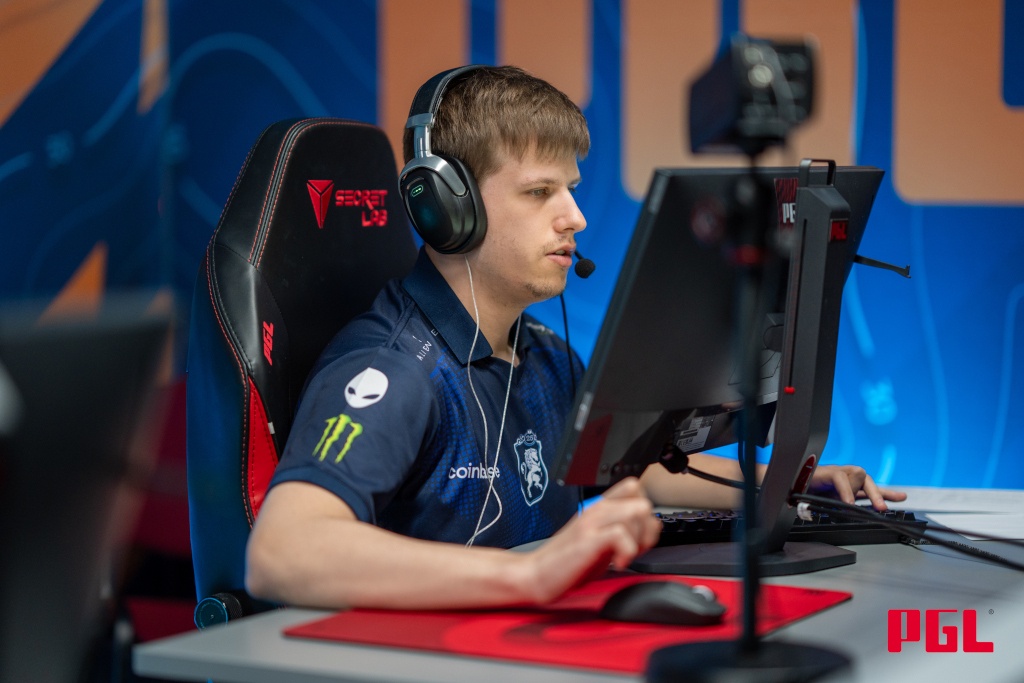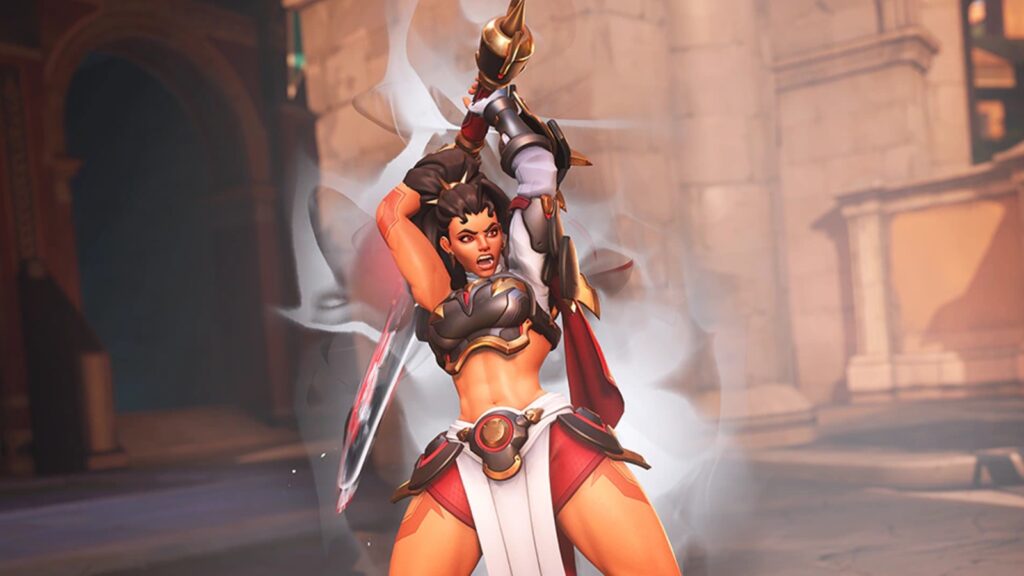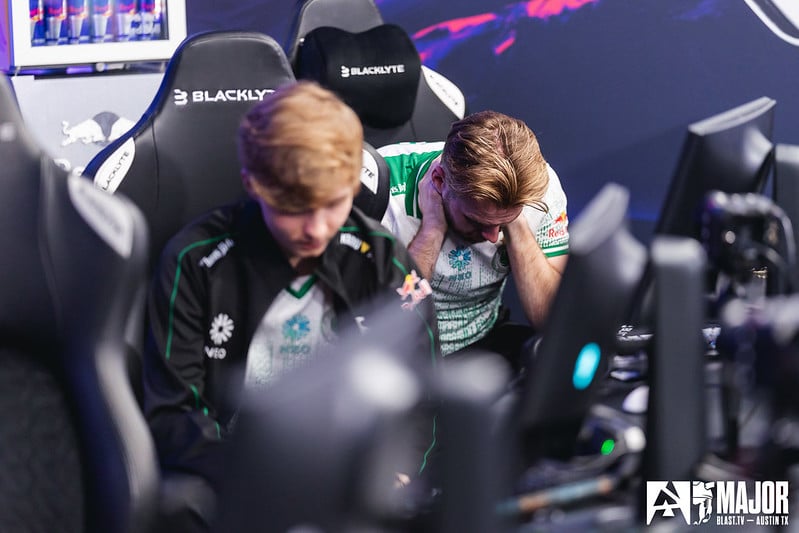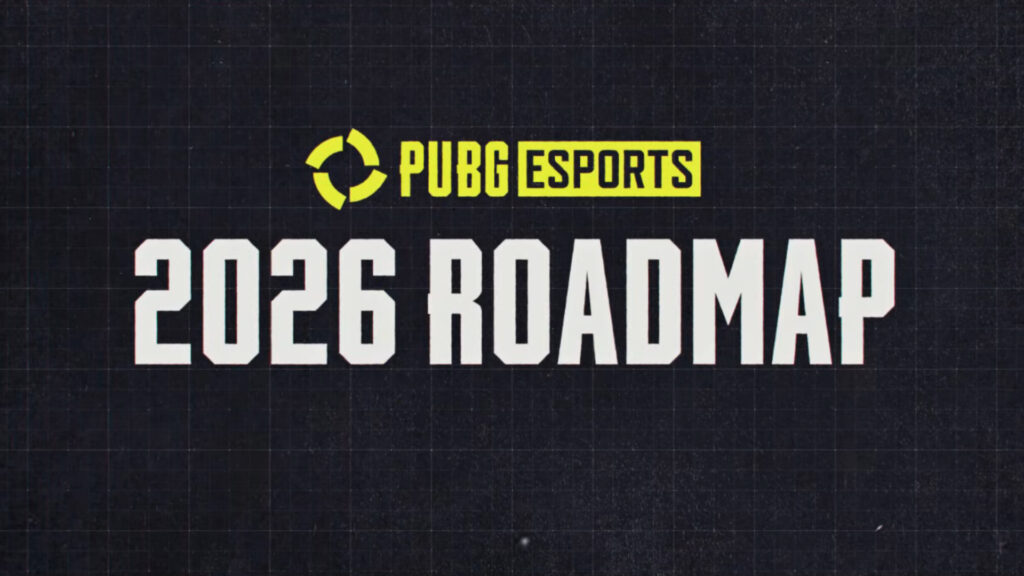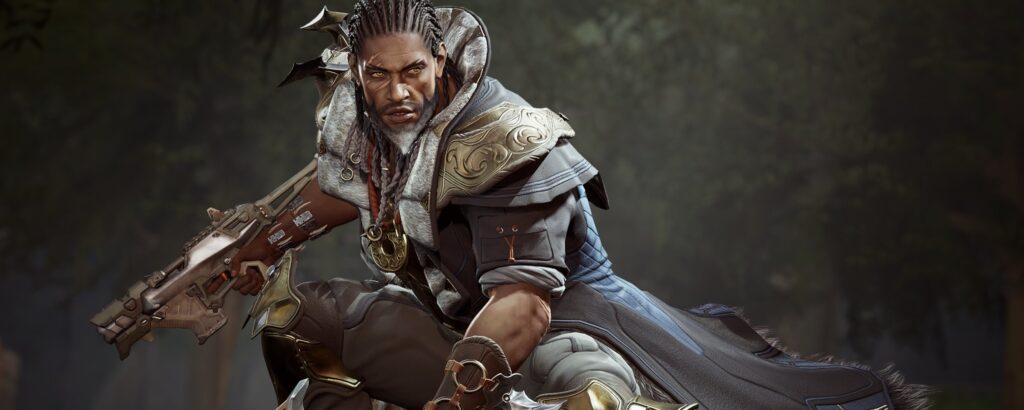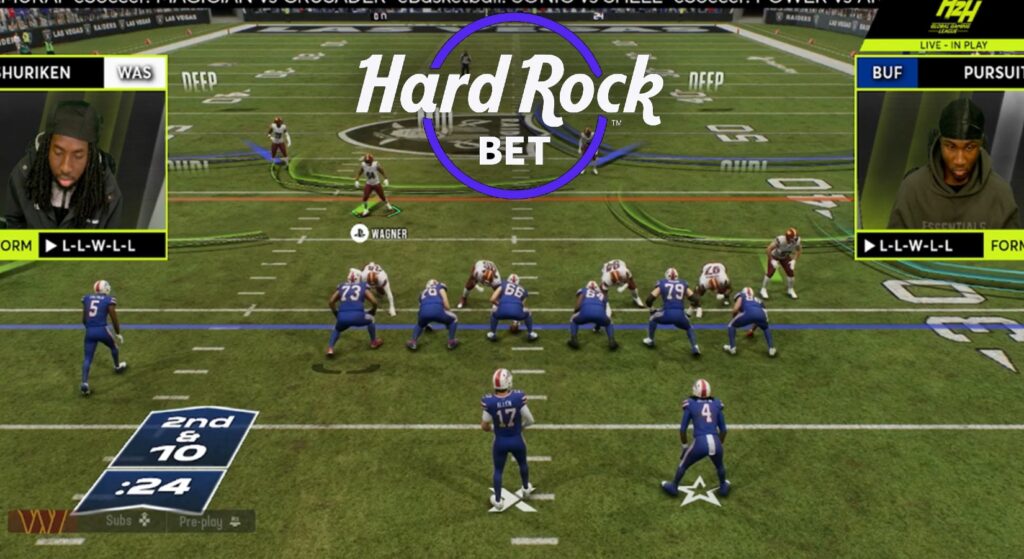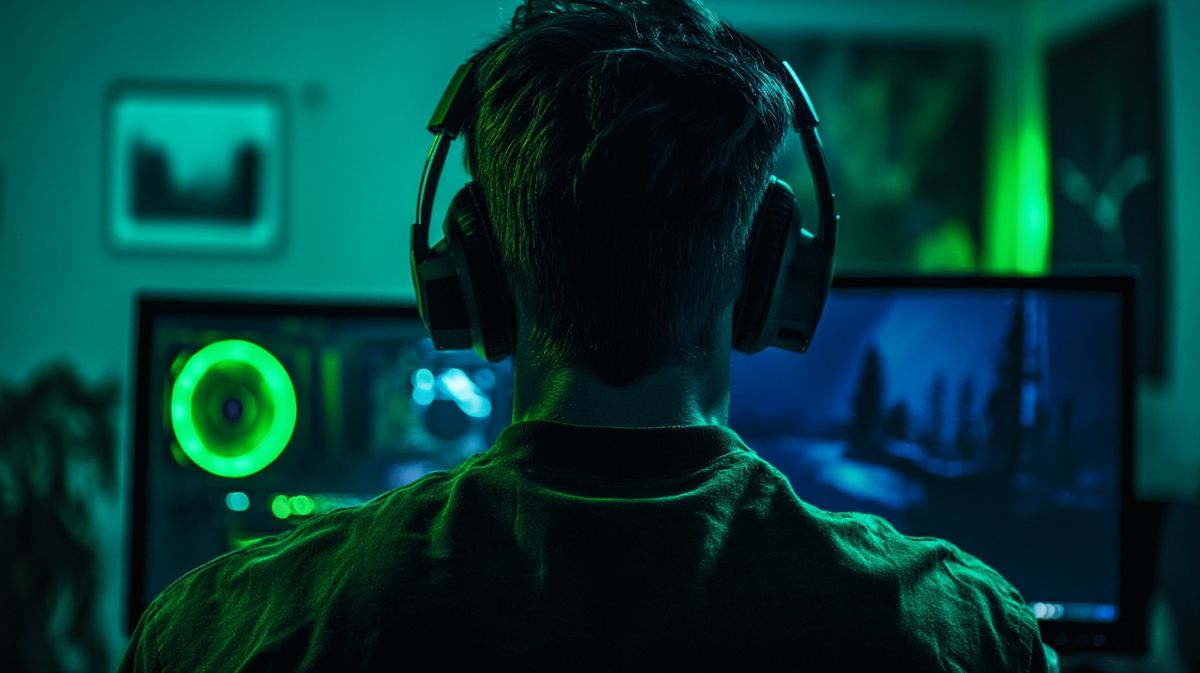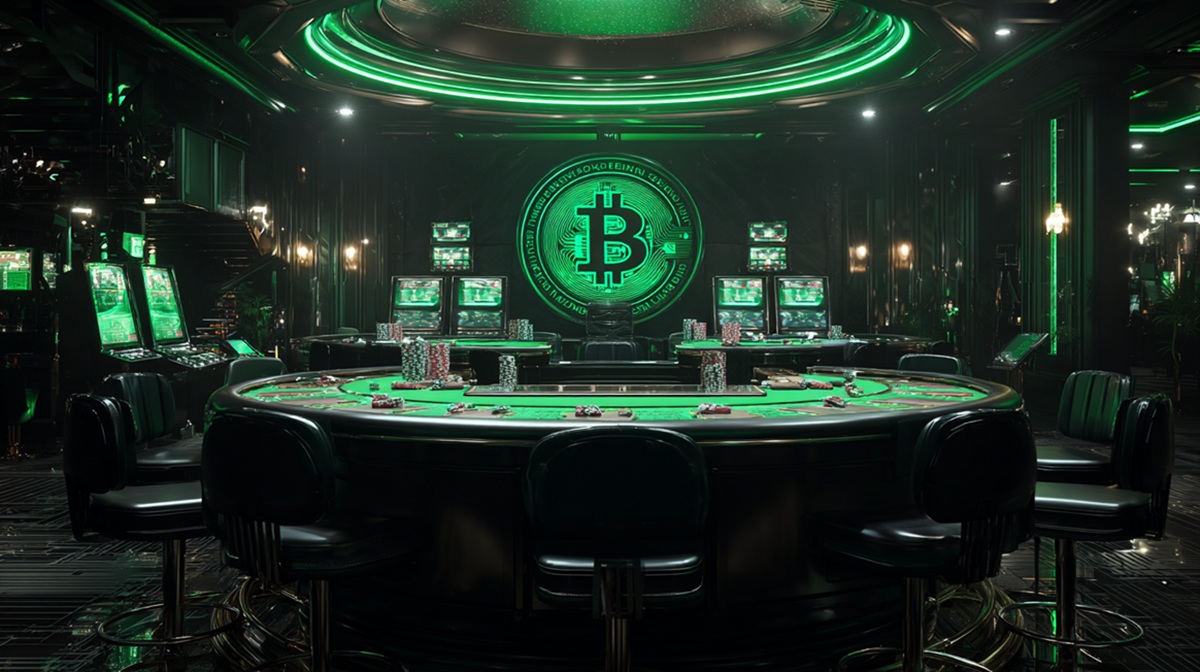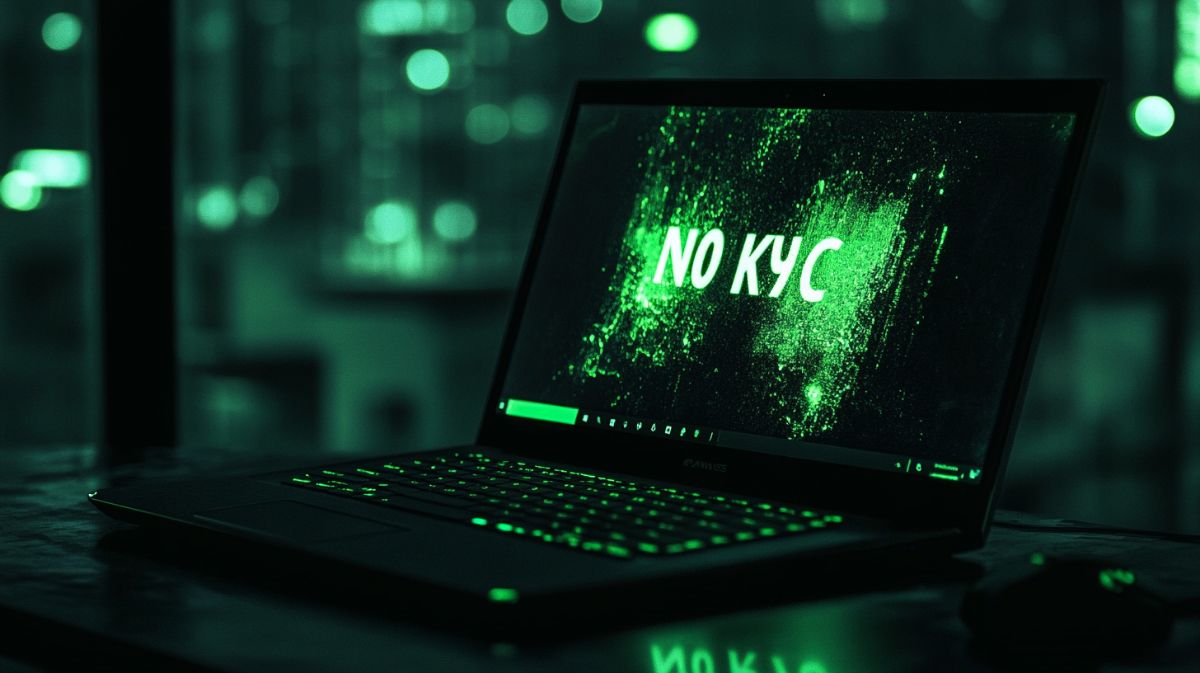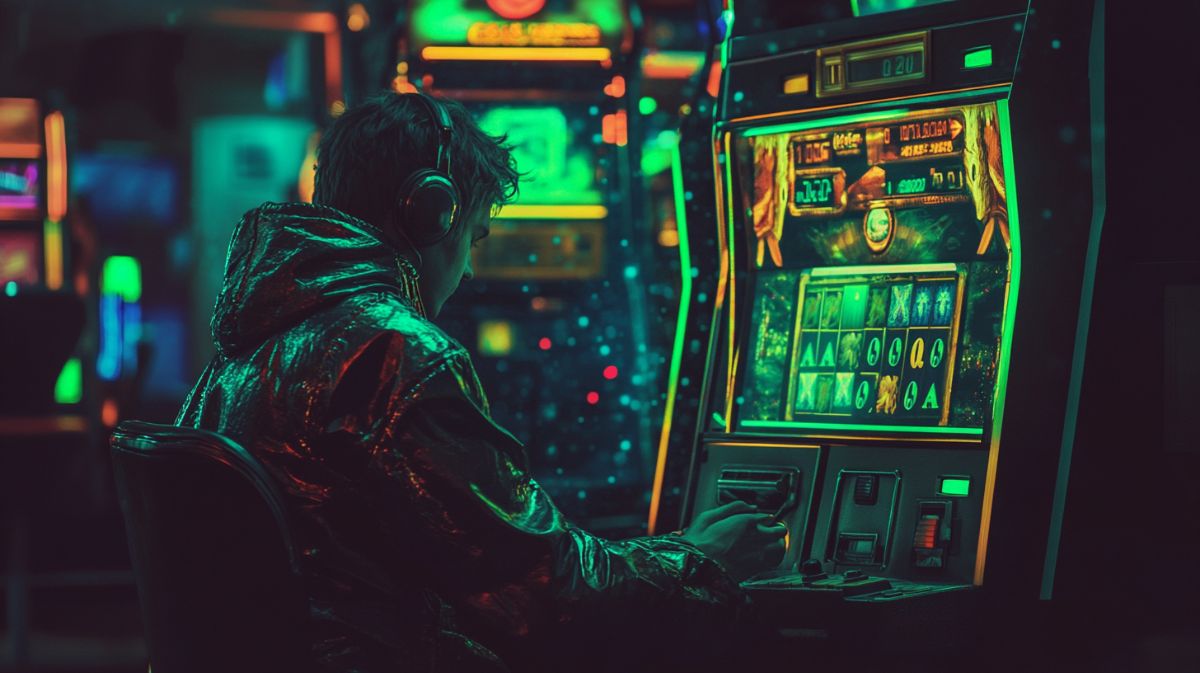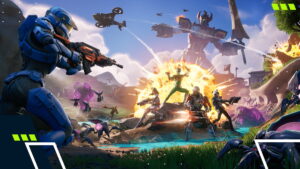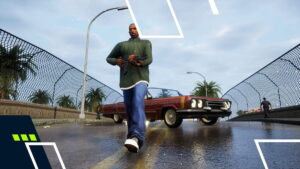Metro Esports and Fight for Change – An interview with Shaon Berry
Shaon Berry is a champion of youth education, engagement and development. From his time as a coach, to building a (6) year nationally televised football platform, all the way to esports. Shaon has helped the youth reach their full potential for over a decade.
We scored an opportunity to “sit down” and ask him a few questions about the most recent activities with his agency Metro Esports.
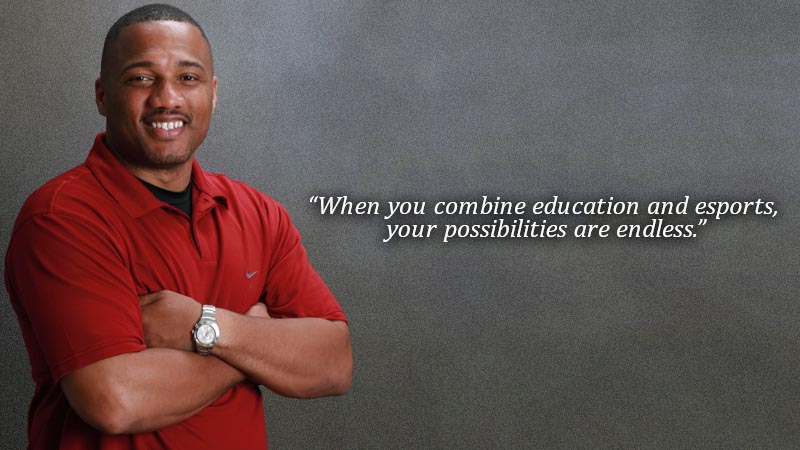
Could you give our readers a short overview of your work with Metro Esports?
Metro is an esports virtual and live event competition production platform. We feature a (7k) square foot LAN center just outside of Philadelphia and provide open recreation, pro-training and educational programming. Given the industry’s overwhelming lack of diversity in it’s participants, viewers and professionals, our goal is to build a new family of enthusiasts, and are actively recruiting Black, White, Asian, LatinX, Gay, & Straight Gamers. A world-wide gaming community for everybody else.
Recently a story broke out about Microsoft and Metro partnering together to tour esports and live music, can you tell us any interesting intel about what’s to come?
Yeah, Microsoft has been such a great partner. Our college tour scheduling has been pushed back a bit with the pandemic but our collective goals have been to combine esports tournaments with the some of popular artists in urban music, all taking place on the college campus. More importantly, Microsoft has supported our reach into the urban communities leveraging esports to expose young people to STEM education, programming and video-game design. 2021 promises to be even bigger and better, we just want to make sure everyone is safe so we can have a great time together.
We are SO excited to announce the first of many partners joining us on the Metro Fest Tour…MICROSOFT STORE!! Check out the link below to read the full press release! https://t.co/dzWd9s9TlM pic.twitter.com/TyArOVeNSf
— Metro Esports (@metroesports) July 2, 2019
Throughout your career, you’ve been deeply involved in youth work. In your opinion, how can esports be a benefit to today’s youth?
I come from the traditional sports world, where getting a college scholarship or making it to the pros is the ultimate goal for millions of aspiring young athletes and families. While those are awesome goals, the likelihood of reaching them without being some kind of genetic specimen is almost non-existent for most of the populus. The incredible thing about esports as an industry is that you can be a superstar in so many different categories from pro gamer to programmer, game designer, engineer, streamer, organizer, team owner and so much more. When you combine education and esports, your possibilities are endless.
Diversity in esports and streaming has been a topic for a while and rarely addressed. What are the main obstacles which continue to hinder BIPOC individuals from becoming pros/stars in the esports industry?
I think the greatest obstacles to diversity in esports are awareness and intention. People of color already over-index the amount of money and time spent enjoying video games, with more than 40% of urban households owning an XBox or PlayStation console. That said, there is a tremendous lack of community awareness relative to the industry’s awesome benefits like, professional career opportunities, college scholarships, streaming revenue, and prize pools to name a few.
More critically, Deloitte reported that esports investments are up to $4.5 billion a staggering YoY growth rate of 837% since 2018. The investments are distributed to players across the ecosystem — from esports organizations, to tournament operators, to digital broadcasters, allowing it to function and grow. Imagine the industry growth potential if brands, streaming platforms and venture capitalists were intentional about reinvesting into urban communities already spending considerable amounts of time and money, but currently represent less than (3%) of the industry’s pro-gamers, game developers, owners, streamers, organizers and more. I believe industry leaders like Bracken Darrell at Logitech and Bobby Kotick at Activision are creating authentic, effective and intentional pathways into the urban communities. The one-thing that Black Lives Matter has proven beyond a shadow of a doubt is that it’s extremely important and in fact very necessary for brands to care about all of it’s potential consumers.
Esports is holding up better than most industries in the recent Covid19 times, but there is still a void left without live competitions and tournaments being held. What can we as an industry do to adapt to the new reality?
Be creative, be intentional about diversifying your audience, be willing to push the boundaries of both competition and entertainment. I think quality content is still king and the inability to gather in live settings only opens the door for more creative digital experiences.
In your opinion, how can companies in the esports industry, including ours, coordinate a more active approach to drive a more positive message forward?
It’s very clear, the message today as it should have always been, is about inclusion. If what your budgeting for, designing, developing, producing, planning or writing about isn’t about reaching or benefiting everyone it’s probably a good idea to go back and rethink it. In business more is better and in esports it’s also the right thing to do.
Anything you would like to share with us?
Metro is excited to announce the Fight For Change, online fighting game tournament series. Participants will have an opportunity to compete for a $5k prize pool, while streaming viewers will be able to register to vote and even directly donate to Black Lives Matter should they choose. Some of the FGC’s best known champions of color like Ninja Killa, Perfect Legend and Flash Metroid are already committed to participate. Next week we will be announcing brands that are supporting our efforts. Anyone can register on-line at metroesports.gg or follow us @metroesportsus
We're teaming up with @NFLFLAG for our first-ever @EAMaddenNFL Tournament!
✔️FREE entry
✔️NFL prizes and 1-on-1 Madden coaching
✔️NFL FLAG players with Xbox One only👉Register FREE for #NFLFLAGMadden: https://t.co/zS0b20ySHa
Play begins June 24th. pic.twitter.com/3mNXRncCAp
— Metro Esports (@metroesports) June 8, 2020
Before we go, we’d like to extend the full support of Esports.net for any and all activities aimed toward increasing diversity in gaming and esports competition. We believe gaming and esports should not discriminate in any shape of form. How good you are with a controller or keyboard/mouse is the only measure of your success.
